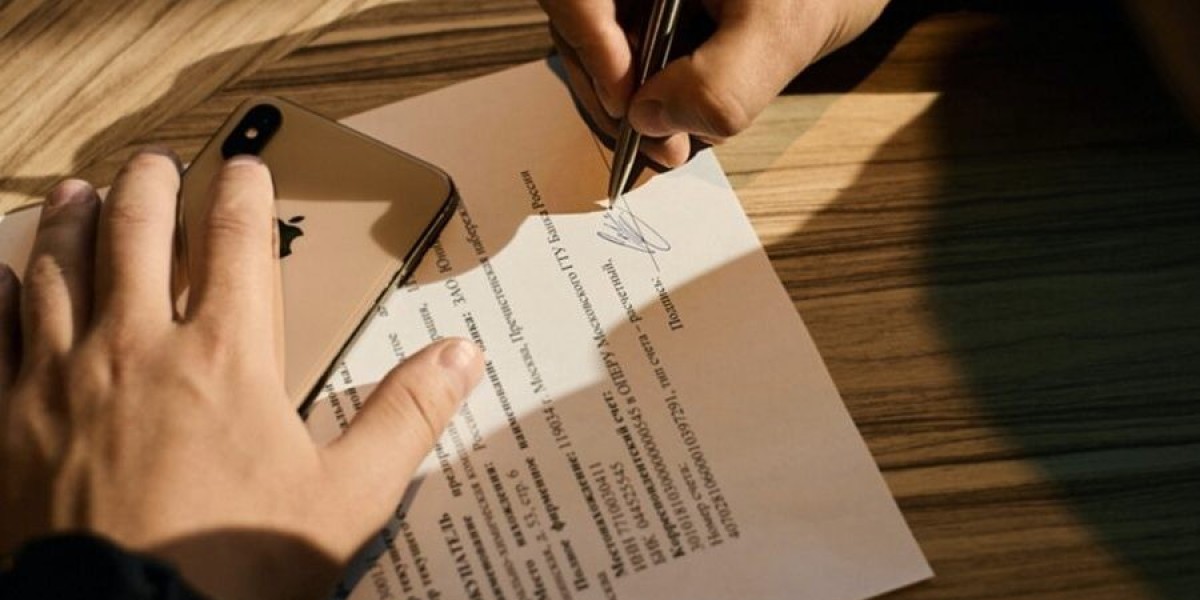Embassy attestation is a crucial step in the process of verifying documents for international use. Whether you are moving abroad, starting a new job in a different country, or enrolling in a foreign academic institution, understanding embassy attestation can simplify these complex procedures and ensure that your documents are recognized globally.
**What is Embassy Attestation?**
Embassy attestation is a formal process where an embassy or consulate verifies the authenticity of documents issued in one country for use in another. This process involves confirming that a document—such as a birth certificate, marriage certificate, academic transcript, or employment letter—has been properly authenticated by the relevant authorities in the country of origin. The embassy then affixes a stamp or seal to the document to certify its legitimacy.
**Why is Embassy Attestation Important?**
1. **Legal Recognition:** When you need to present documents in a foreign country, such as for visa applications or legal proceedings, the host country's authorities must be assured of their authenticity. Embassy attestation provides this assurance and is often a mandatory requirement for many legal and administrative processes.
2. **Preventing Fraud:** By verifying the authenticity of documents through the embassy, the process helps prevent fraud and ensures that all parties involved can trust the validity of the information presented. This is particularly important in international transactions where the stakes are high and verification is crucial.
3. **Smooth International Transactions:** For individuals and businesses engaged in cross-border transactions, embassy attestation helps in smoothing out potential obstacles. It ensures that documents are accepted and recognized by foreign authorities, thus facilitating a smoother process for various activities such as job placements, educational pursuits, and business operations.
**The Process of Embassy Attestation**
The embassy attestation process typically involves several steps:
1. **Document Authentication:** The first step is to get your documents authenticated by the relevant authorities in your home country. This could include local government offices, notaries, or other authorized bodies. This step verifies that the documents are genuine and have been issued by the appropriate authorities.
2. **Verification by Ministry of External Affairs:** After the initial authentication, the documents need to be verified by the Ministry of External Affairs or a similar government body. This step confirms that the documents have been correctly authenticated and are ready for the next phase.
3. **Submission to the Embassy:** Once the documents are authenticated and verified, they are submitted to the embassy or consulate of the destination country. The embassy will then review the documents, and if everything is in order, it will affix its stamp or seal to complete the attestation process.
4. **Receiving the Attested Documents:** After the attestation is complete, you can collect your documents from the embassy. They are now ready to be presented to authorities in the foreign country, ensuring they are recognized and accepted.
**Conclusion**
Embassy attestation is a vital part of international documentation processes, providing a necessary layer of verification to ensure that documents are legitimate and accepted abroad. By understanding and navigating the steps involved in embassy attestation, you can facilitate a smoother transition for legal, educational, and professional endeavors across borders. Whether you're a student, a professional, or someone managing international transactions, ensuring that your documents are properly attested can save time and avoid potential complications in your international affairs.








